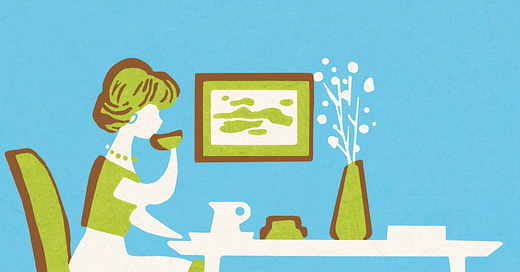This newsletter and my writing are only possible with your support. Because of paying subscribers, I can pay an editor to edit these weekly newsletters. I can pay a producer to help me with a podcast that will be launching this November. I live and work in a red state, where there are no media jobs that pay a living wage. Supporting this newsletter mean…
© 2025 Lyz Lenz
Substack is the home for great culture



